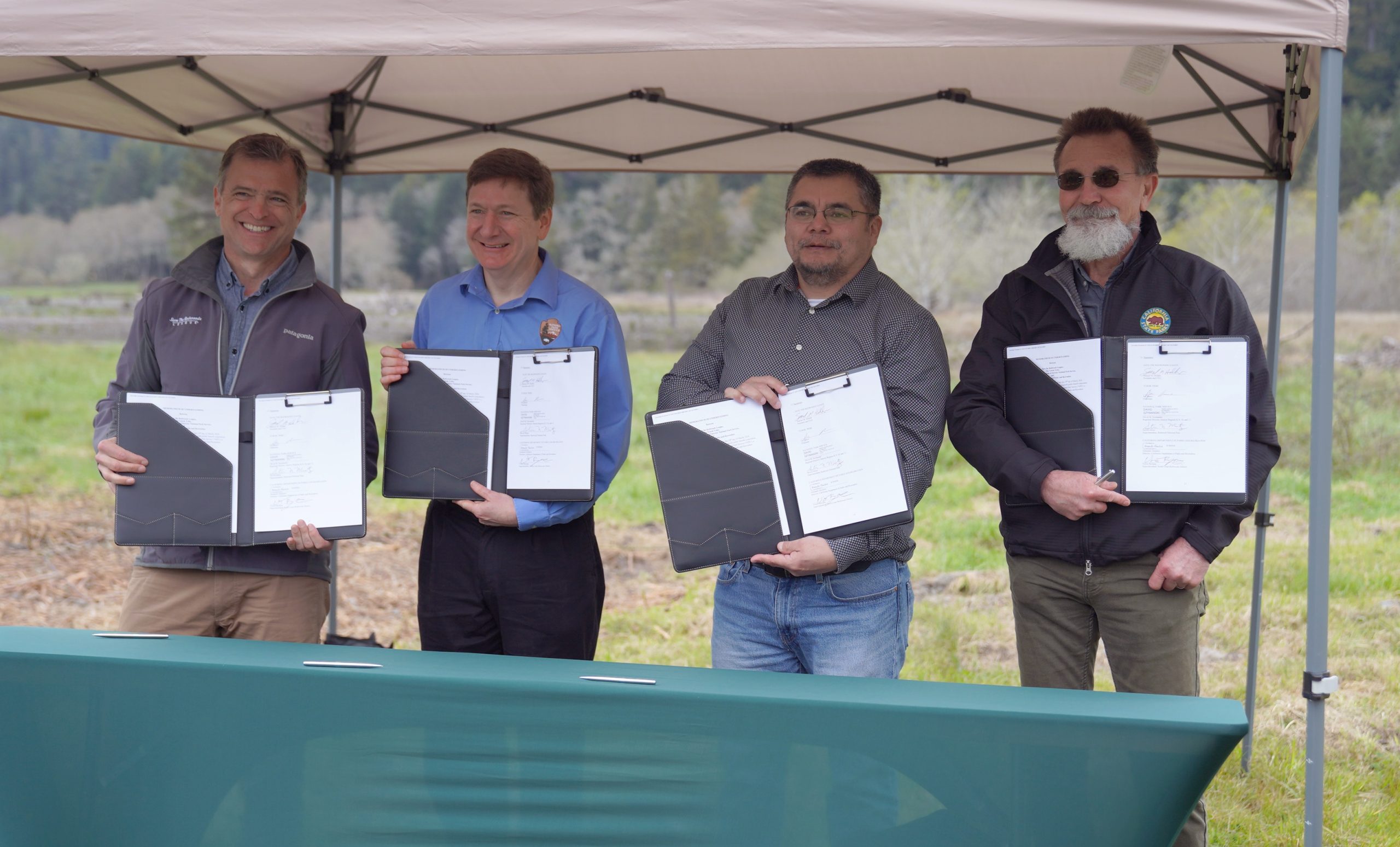Podcast: Play in new window | Download | Embed
McGrath School, above, is one of three that will get a school nurse and counselor through a new program. (Photo: Paul Walker / KSKO)
Southcentral Foundation of Alaska is using federal grant funds to place a school nurse and behavioral health consultants at three rural schools that don’t have them.
It’s partly in response to high rates of suicide in rural Alaska, especially for youth.
Alaska Public Media’s Rachel Cassandra has the story.
McGrath, Nikolai, and Takotna will now share a school nurse.
Those are small communities in the Yukon-Koyukuk area in the Interior of Alaska.
They’ll also now have behavioral health consultants.
Donna Asay is a manager for Southcentral Foundation.
“Some of the things we would like to address that have been brought to us not only by the school, but the administrators and staff, would be reducing barriers and accessing care or trying to meet some of those high suicide rates with some behavioral health services, and just support the overall well being of the student in the community.”
Asay says the nurse will be based in McGrath. And they’ll visit schools in Nicolai and Tokotna quarterly, or more often as needed.
She says the nurse can provide basic care and referrals. And she says having a nurse in schools can help kids get care without their guardian needing to travel or take time off work.
Dani Gapinski oversees Southcentral’s rural behavioral health team.
She says the behavioral health consultants will visit schools in-person at least quarterly.
They’ll also be able to schedule telehealth appointments with students in between visits.
She says the consultants can also run workshops at schools that help with mental illness prevention.
“Teaching students at a young age to understand what their emotions are, really helps them to then be able to identify as they’re growing- how they’re managing what’s going on for them, they might be more willing to talk about what’s going on since they have the words to use and know how to express themselves.”
She says that can help reduce substance abuse and suicidal ideation later on. And she says it can keep kids in the classroom more, which helps with academic success. Southcentral Foundation hopes to begin the program before the end of the school year.
It’s the first time they’ve run a program like this, but if successful, they hope to expand it to other rural schools.

Courtesy Yurok Tribe
In California, plans to open a new gateway to Redwoods State and National Parks got a big boost recently, paving the way for a key parcel of land to be returned to the Yurok Tribe.
Suzanne Potter reports.
The place is called ‘O Rew in the Yurok language, on Highway 101, about 40 miles north of Eureka, at a former lumber mill site in Orick.
Joseph James, chairman of the Yurok Tribe, said this is a model for the land-back movement.
“We are able to share our culture, our knowledge as Indigenous people, first people, keepers of the land. It’s not driven by western society providing interpretation. It’s being driven by Yuroks.”

This rendering shows plans for new, wheelchair-accessible trails and visitor amenities at ‘O Rew. After the transfer, the Yurok Tribe aims to construct a visitor and cultural center and a traditional village on-site. (Courtesy Save The Redwoods League)
The nonprofit Save the Redwoods League bought the 125-acre property 13 years ago and has been restoring the mill site and nearby Prairie Creek alongside the tribe and the nonprofit California Trout.
The area is closed for construction now, but will reopen in 2026 as the ‘O Rew Redwoods Gateway with new trails, cultural signage, and visitor facilities.
Steve Mietz, superintendent of Redwoods National and State Parks for the National Park Service, said it is the first-ever co-management agreement for tribally owned land with the National Park Service and California State Parks.
“This is just a recognition of their sovereignty; their need to regain land that was taken from them years ago and turning it back, and creating greater understanding about the original people in this area.”
Future plans include a visitors center with a tribal village with plank houses and a sweat lodge.

Erin Fehr, Assistant Director and Archivist of the Sequoyah National Research Center. (Photo: Benjamin Krain)
A University of Arkansas at Little Rock archivist is discussing Native American views on the solar eclipse and traditional stories surrounding celestial events.
According to a university news release, Erin Fehr (Yup’ik), assistant director and archivist of the university’s Sequoyah National Research Center, is speaking at a family event Wednesday at a public library in North Little Rock.
Fehr says, with the more than 500 federally recognized tribes in the U.S., there are different beliefs regarding solar eclipses and traditional stories with cultural narratives that vary.
On April 8, a total solar eclipse will cross North America.
Fehr says the total solar eclipse marks a great opportunity to learn about cultural stories, traditions and perspective. She’ll also be giving another presentation on Saturday at the Arkansas Museum of Fine Arts.
Get National Native News delivered to your inbox daily and stay up-to-date on the 2024 Native Vote. Sign up for our daily newsletter today.



